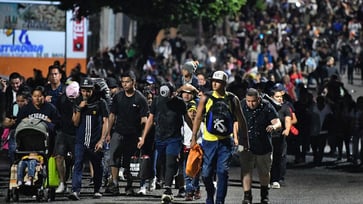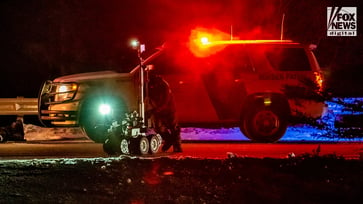Protecting critical assets becomes easier with the increasing number of microgrids.
The cost of microgrids is perceived to be high, with prices being 3 to 10 times more expensive than a conventional power grid.
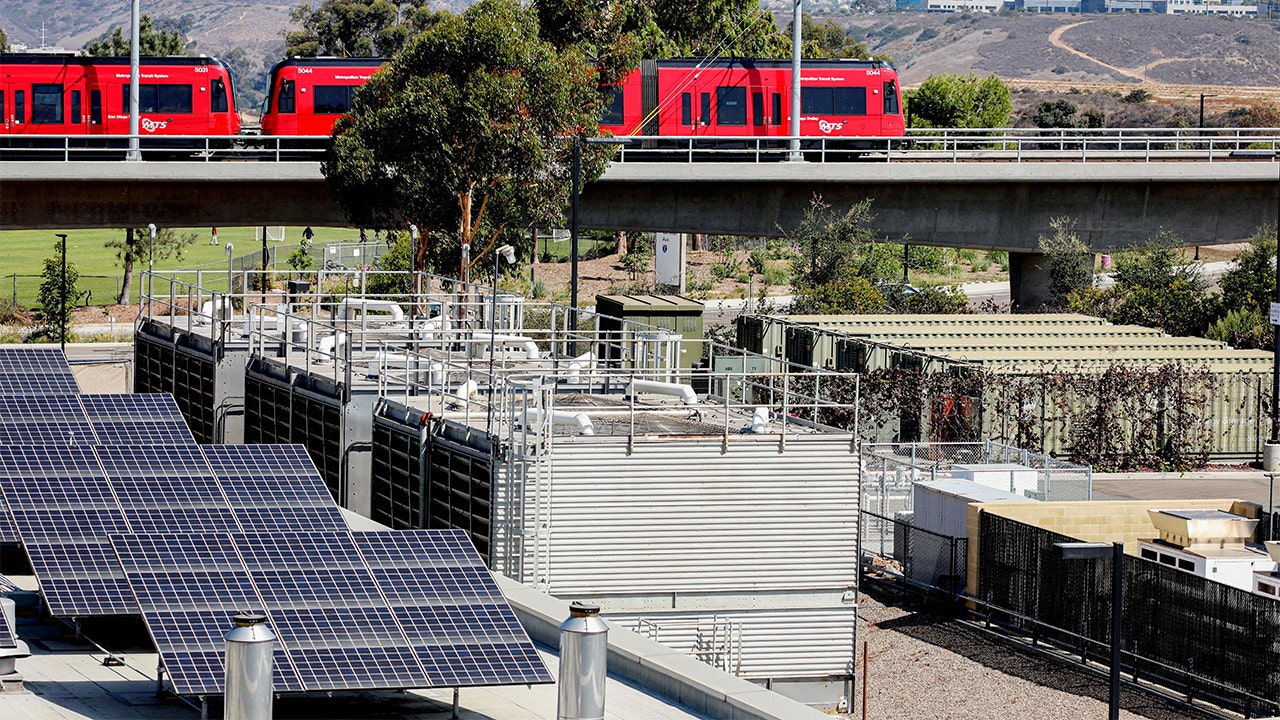
In the past four years, the number of microgrids in the U.S. has grown by 11%. These microgrids are frequently powered by new infrastructure and clean energy sources. They are often utilized at critical facilities that are already connected to the grid.
According to James Potach, senior vice president of energy & sustainability services at Schneider Electric, microgrids are an effective solution for mitigating the risks associated with the electrical grid infrastructure.
"Utilizing renewable energy resources that are becoming available online is another excellent way to benefit. However, as time passes, we must enhance our electric grid's dependability by improving our infrastructure."
Across the country, approximately 700 microgrids offer less than 1% of U.S. electricity, serving communities, restaurants, and military bases.

"According to National Rural Electric Cooperative Association CEO Jim Matheson, microgrids are highly site-specific and can be very expensive. They are three to ten times more expensive than electricity from the grid. However, in specific situations, they provide reliability and resilience that makes them a sensible option."
Hundreds of microgrids have been constructed by Schneider Electric, both in the U.S. and abroad. The company recently revealed its microgrid at Yokota Air Base in Japan.
Since World War II, electrical grids have been recognized as a prime target by enemy combatants, according to Potach.
The Defense Department's more than $400 million improvement project is one of its largest resiliency investments. The microgrid enables Yokota to produce its own electricity during emergencies.
"The microgrid provided by Schneider ensures the energy resilience of Yokota Air Base, a strategic hub for the U.S. military in the Indo-Pacific region. It operates both in tandem with the electrical grid and can function independently in island mode, providing a shield against power interruptions."

The Yokota microgrid can function independently, but grid operators and Schneider recommend being linked to the main power grid to achieve maximum efficiency.
"Matheson stated that the backup on resilience provided by the special loads is useful, but it's not a comprehensive solution to the country's electric reliability issue."
To safeguard against malicious actors or natural disasters, energy experts recommend updating the infrastructure of the electric grid.
Neil Chatterjee, former Federal Energy Regulatory Commission Chairman, stated that cybersecurity measures can minimize the threat of a large-scale blackout or brownout by utilizing microgrids, which are more distributed sources of power. This would prevent a bad actor from taking out a significant portion of the grid if they were successful in disrupting the interconnection.
"While there are advantages to this approach, we must exercise caution to ensure that we can execute it successfully without compromising reliability and affordability."

In 2011, California faced its biggest power outage ever, prompting officials to look into dependable energy sources.
"Schneider Electric helped Potach explore the use of large-scale renewable energy sources to safeguard their electrical power, which is essential for base operations."
The microgrid utilizes methane gas from a nearby landfill and solar energy to provide backup power for the main system. According to the company, the facility can supply power to over 100 critical buildings on the base for an extended period of 14 days.
"In 2020, Miramar was able to keep 2,000 homes in San Diego from going dark by producing their own energy and taking a load off the grid during a time when the utility grid was maxed out. This not only benefited the military but also had an impact on the community around the base."

In Alaska, remote microgrids frequently function autonomously. Some universities also operate without any support from the electric grid. Even John F. Kennedy Airport's TWA Hotel employs a microgrid system that is disconnected from the local utility.
"Matheson stated that isolated locations where they exist can be helpful, and building more large transmission lines and always-available power generation is necessary."
Florida community Babcock Ranch is exploring adding microgrids in certain neighborhoods.
Sydney Kitson, founder of Babcock Ranch, stated that there is an opportunity to disconnect as much of Babcock from the grid as possible.
Nearly 7,000 people reside in Babcock Ranch, which features schools, apartments, townhouses, and retail centers, all primarily run on solar energy.

"Kitson stated that their facility was one of the first solar battery facilities in the country and served as a living laboratory for companies to test their technologies."
The community is linked to Florida's primary power grid and produces enough solar energy to power the lights during the day. It frequently stores excess solar output for later use. At night, the community relies on natural gas from Florida Power & Light when solar energy is insufficient.
"One of the challenges for a 20,000-home community would be the need for a massive battery. However, Kitson hopes that the technology will become more affordable and available over time. He emphasizes the importance of working with nature rather than against it, as working against it often leads to failure."
During hurricane season in southwest Florida, the Babcock Ranch community endured the storm and sustained minimal damage.
"We managed to endure a freight train-like experience in our house for eight hours straight without losing power, water service, or experiencing flooding. This experience demonstrated the importance of being resilient and planning ahead in order to handle any situation effectively."
US
You might also like
- In the Bryan Kohberger case, a judge in Idaho hears a defense motion regarding the murders.
- A fire broke out in Los Angeles County, prompting officials to issue evacuation orders.
- As fears of ICE raids intensify, a bustling Chicago district, often referred to as the "Mexico of the Midwest," has become a ghost town.
- Injured in a shooting at Antioch High School in Tennessee, three people were left in a lockdown.
- A German national who worked at the Pentagon during 9/11 was allegedly killed by a Vermont Border Patrol agent, according to the family.



